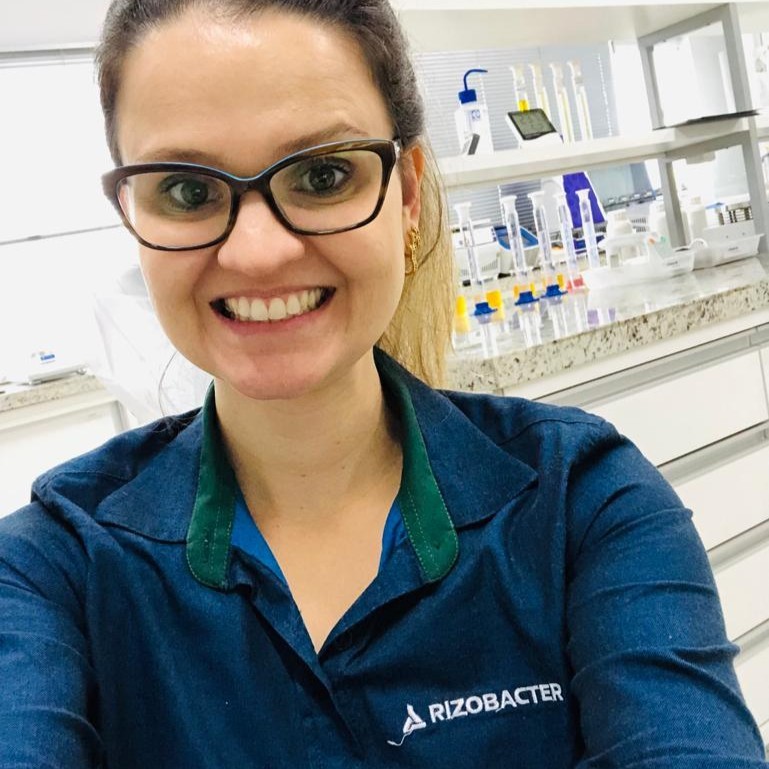According to Paula Cerezini, Inoculant Products Analyst at Rizobacter do Brasil, using inoculants makes agriculture more sustainable and economically viable.

Paula Cerezini, Inoculant Products Analyst at Rizobacter do Brasil.
″These are products that act directly on the roots of plants, favoring their nutrition through a symbiotic relationship. This means the bacteria used in the product receives energy through photosynthesis and, in exchange, solubilizes the agricultural input present in the soil, which can be nitrogen, phosphorus, and other substances that the plant cannot capture naturally,″ she explained.
″This relationship does not pose any risk to the environment and stimulates plant growth, as well as helping to increase productivity,″ Cerezini added.
Rizobacter do Brasil, which is a national reference in the bio-input market, developed the LLI Inoculum, the first Long Life Inoculum with liquid formulation to be applied in industrial seed treatment (IST) and which is compatible with several chemical pesticides, micronutrients, and biological products applied on the seed.
Currently, the product occupies more than 80% of Brazil's seed treatment industry market.
With LLI, it is possible to have homogeneity in the application. In addition, the microorganism used exclusively by Rizobacter (Bradyrhizobium japonicum) becomes more resistant due to more professional management.
″Another positive point is that with just one application, the seed can be stored for much longer without losing its productive capacity, further reducing the cost for the farmer and increasing his yield. Undoubtedly, using products that reduce costs and increase your productivity makes a big difference. That is our goal,″ she said in conclusion.
The use of inoculants in soybean cultivation has been increasing among producers, mainly because it is a more sustainable alternative to industrial fertilizers, which are produced from mineral inputs and depend on burning thousands of barrels of fossil fuels.
